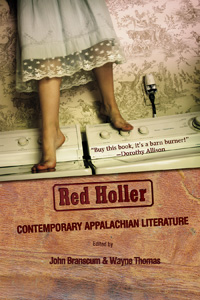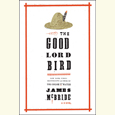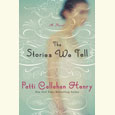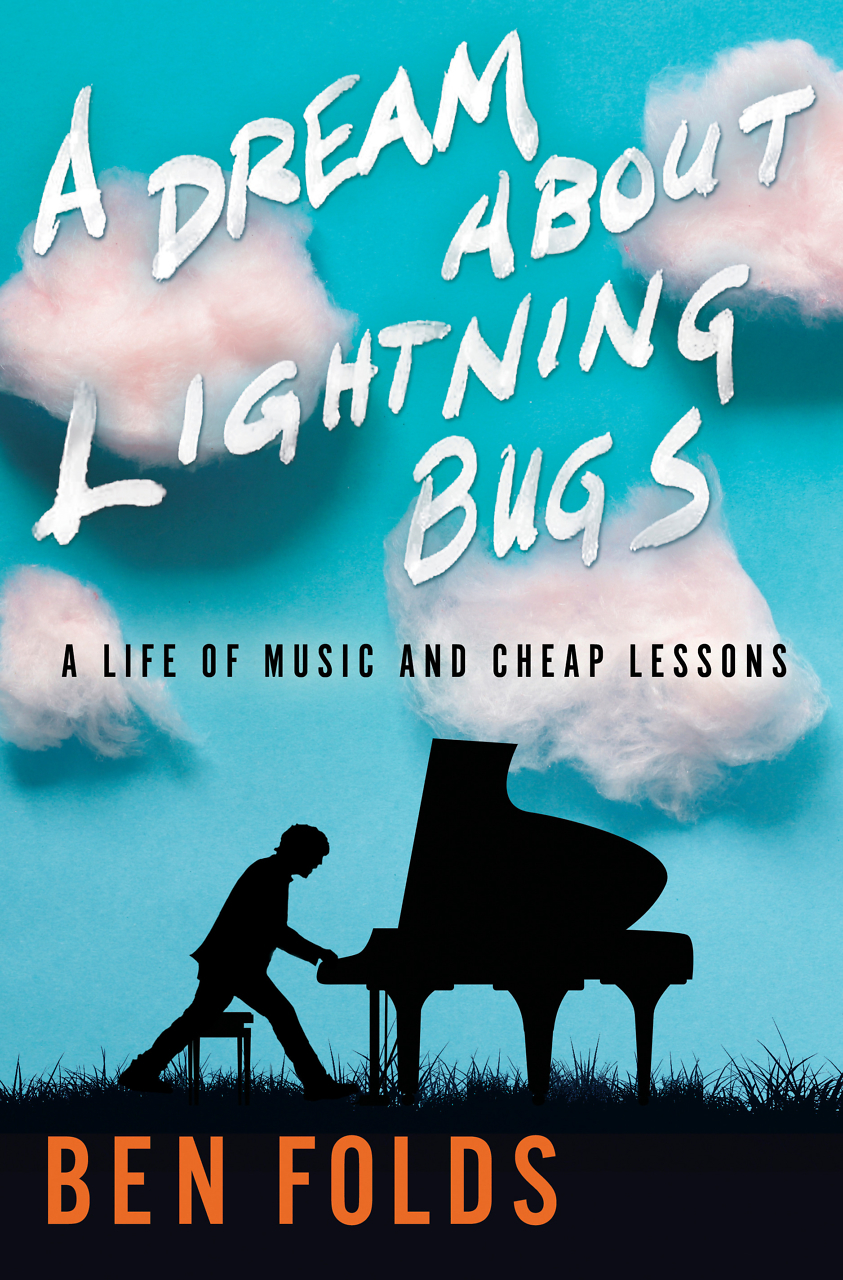A Collision of the Beautiful and the Brutal
In a new anthology, John Branscum and Wayne Thomas have collected the literary treasures of Appalachia
The stories, essays, poems, and graphic narratives gathered by John Branscum and Wayne Thomas in Red Holler: Contemporary Appalachian Literature provide no unified portrait of Appalachia. This is not a documentary, and there’s no discernible agenda or theme here beyond the representation of human lives that to outsiders may seem raw, extreme, and invariably stressed. In one story, a young girl bonds with a baby bull that grows up to become her companion—until the family butchers and eats him. In another, a skinless king and queen of the mountains battle evil flatlanders in a surreal, fabulously illustrated fantasy.
 Red Holler is “Appalachian” primarily in the fact that its authors live or have roots in the region. On the surface, at least, many of the selections themselves appear to have little to do with mountain life. Desirae Matherly’s long essay poem, “Vagina Dentata,” for example, addresses dental work, pap smears, and scars left from unwanted sex—topics that are by no means regional. Nevertheless, Matherly sees in her work “Appalachia’s bizarre contrary qualities like tiny vestigial limbs.” Jeff Mann’s “715 Willey Street” is an essay by a middle-aged writer who ruminates on a college friend he has lost track of, and the only Appalachian connection in the piece is Mann’s own self-described “country roots.” Sara Pritchard’s “The Very Beautiful Sad Elegy for Bambi’s Dead Mother” is a hilarious growing-up story that could have been set anywhere.
Red Holler is “Appalachian” primarily in the fact that its authors live or have roots in the region. On the surface, at least, many of the selections themselves appear to have little to do with mountain life. Desirae Matherly’s long essay poem, “Vagina Dentata,” for example, addresses dental work, pap smears, and scars left from unwanted sex—topics that are by no means regional. Nevertheless, Matherly sees in her work “Appalachia’s bizarre contrary qualities like tiny vestigial limbs.” Jeff Mann’s “715 Willey Street” is an essay by a middle-aged writer who ruminates on a college friend he has lost track of, and the only Appalachian connection in the piece is Mann’s own self-described “country roots.” Sara Pritchard’s “The Very Beautiful Sad Elegy for Bambi’s Dead Mother” is a hilarious growing-up story that could have been set anywhere.
Other selections are more explicitly of Appalachia, tapping directly into common beliefs about the mountains, and about mountain people. In “That Night,” Karen McElmurray writes of a country with coal trucks and flat-topped mountains, summer heat, dirt roads, pots of beans and fatback, a fortune teller, and an unknown father. Conventional expectations of Appalachia also loom large in Donald Pollock’s “Real Life,” where a violent father teaches his fearful son “how to hurt a man,” and praises him—“You did good”—when he beats up another boy. A pawn shop, a run-down trailer, guns, and meth addiction are all there in Ron Rash’s short story, “Back of Beyond Country”; mountain music is the subject of R. T. Smith’s “The Carter Scratch”; and perversity, drunkenness, and fish noodling appear in Alex Taylor’s “A Lakeside Penitence.”
But for all these more or less required features of Appalachian literature, there is also a self-conscious recognition here that an identifiable culture is not the same thing as a stereotype. As Jessie van Eerden’s “Woman with Spirits” notes, “They look at a face as if by looking they can know you.” As the book’s subtitle suggests, the selections in Red Holler are truly contemporary, and many stretch the boundaries of traditional literary forms. At the same time, they also stretch the old Appalachian stereotypes of primitive violence, poverty, and ignorance.


